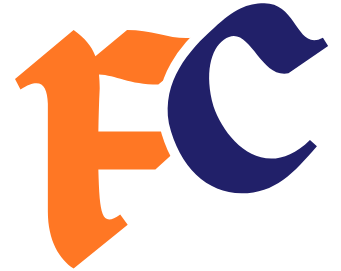Everything You Need To Know About Loans

Do you want to start a business, go to college or pay for medical bills? Debt may be the solution. A loan is money borrowed from a financial institution and repaid with interest over a period of time. Examples include personal loans, commercial loans, and debt consolidation. Whatever your needs, you need to understand the basics of lending and the different types of lending services.
What is a loan?
A loan is an amount received from a lender that the borrower must repay over time, plus interest. Loans are intended to meet both planned and unanticipated needs, and can also be used to finance a business, debt consolidation, or college. It’s important to remember that regardless of why you took out the loan, you must pay it back with interest. Depending on the type of loan, collateral or a guarantor may be required.

Types of Loans
Personal Loans: Personal loans are a type of unsecured debt that are not secured by assets or collateral. Personal loans are often used for home and car renovations, medical bills, and debt consolidation.
A business loan is a loan used for the establishment or expansion of a business. Business loan terms vary by lender and borrower, and often depend on the company’s creditworthiness, cash flow, and collateral.
Debt Consolidation: Debt Consolidation combines various debts into one loan. This can make debt repayment easier and more manageable, and reduce the overall interest paid. Real estate is often used as collateral for debt consolidation loans.
Credit Services
Financial Institutions offer a variety of credit services, including: B. Fixed and Variable Rate Loans and Other Loans for Various Purposes. A fixed interest rate loan has a constant interest rate over the life of the loan, while a variable interest rate loan fluctuates depending on the current market interest rate. Mortgages and home equity loans are also available, but each comes with special terms and conditions.
Read Also
Benefits of Credits
- Credits are both practical and advantageous when used wisely. Credit benefits include:
- Can start college in business or finance
- Can fund large purchases or short-term projects
- A convenient solution to unexpected expenses and medical bills.
- Debt Consolidation Features to Reduce Total Interest Expenses
Tips for Taking out a Loan to Pay Off
Find the Best Rates and Terms: Don’t Take the First Loan You Find. Consider interest rates, borrowing costs, and repayment terms.
Budget Your Loan: Your loan budget should include how much you can borrow, the interest you can afford, and how long you will pay off the loan.
Consider All Fees: Be sure to consider all loan fees, points, prepayment penalties and closing costs.
Get Pre-Approval: Pre-Approval
